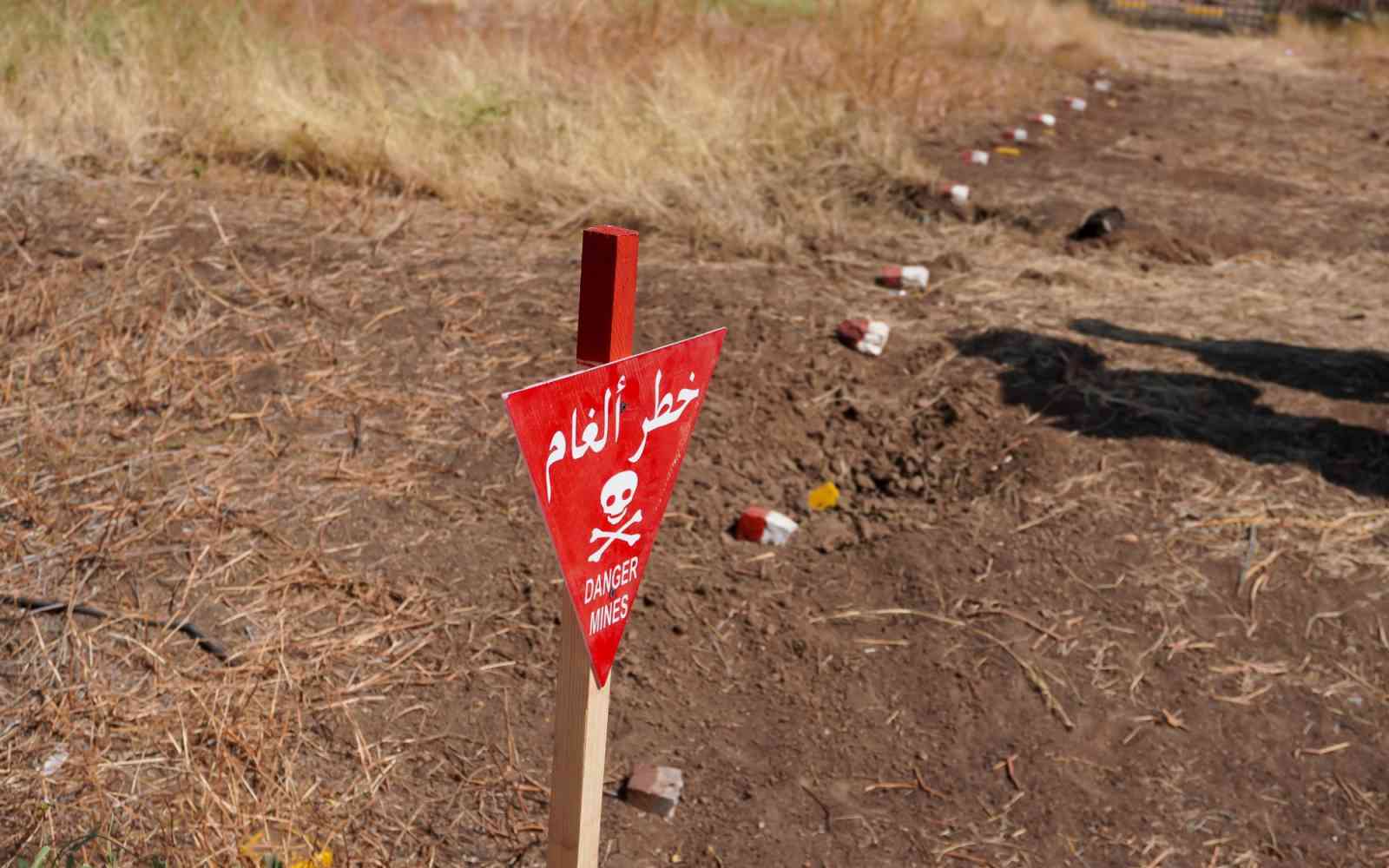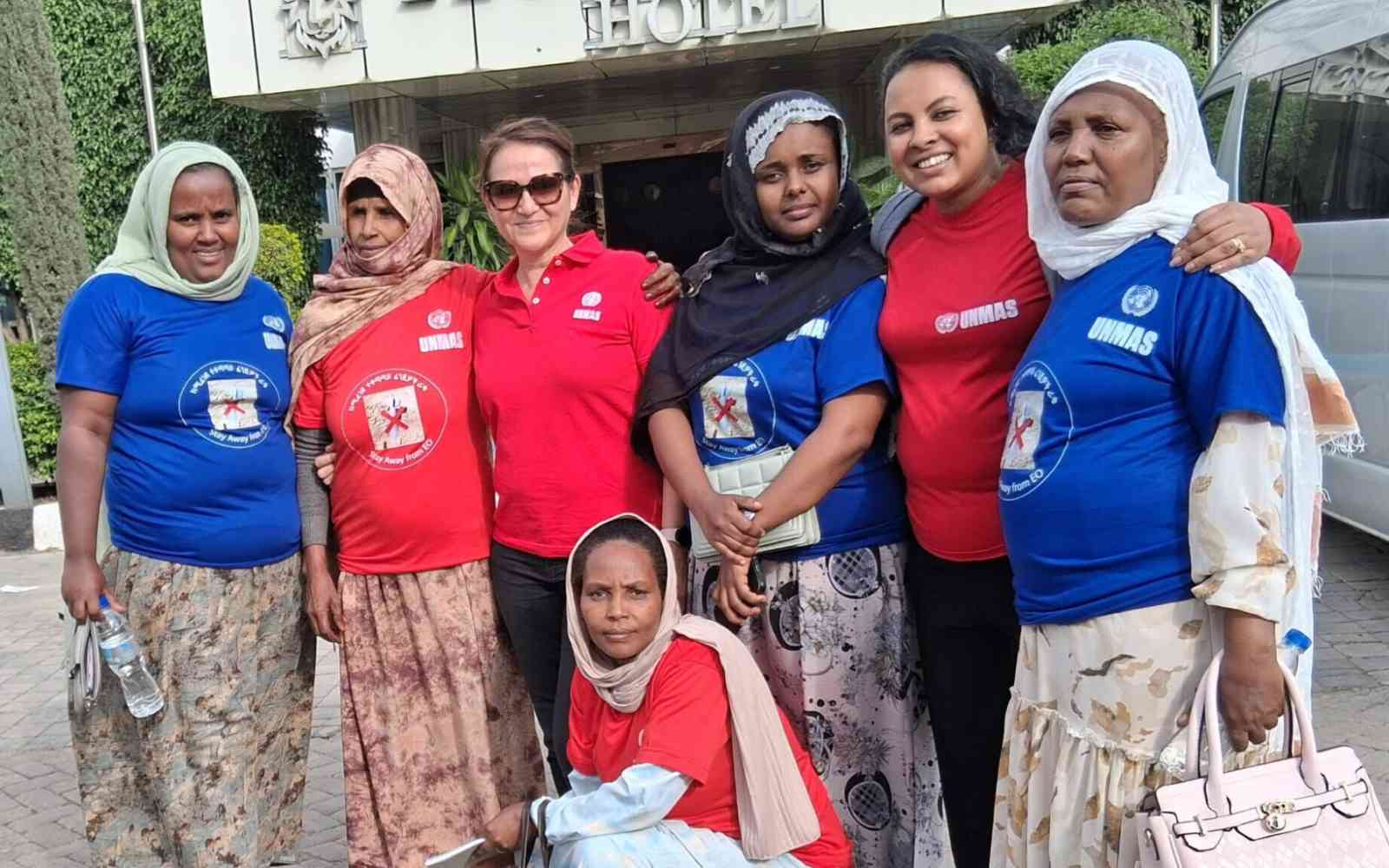The United Nations Office for Project Services (UNOPS)

Restoring the marine environment across the wider Caribbean
Across the Caribbean, national governments, regional organizations and local communities are coming together through a movement, supported by UNOPS, to heal marine ecosystems and build a sustainable future.
A shared sea, a shared challenge
To many living in the Wider Caribbean, the region’s marine and coastal environment represents far more than beautiful beaches, white sands and blue waters. It is a lifeline. It feeds families, fuels economies, shelters vibrant marine life, and provides cultural identity. But for decades, rising pollution, overfishing, and climate change have strained this fragile system.


From Colombia to Barbados, from Saint Kitts to Suriname, 44 countries and territories depend on these shared waters. And their survival may depend on working together to protect them.
That's where PROCARIBE+ comes in.
”Developing a sustainable blue economy is a major priority and holds tremendous potential for the wider Caribbean region and its marine resources,” explains Carlos Manuel Rodriguez, CEO and Chairperson of the Global Environment Facility (GEF)
“We can achieve our 2030 goals if we continue to build awareness about, and trust in, solutions that support both people and nature. The PROCARIBE+ project and its knowledge sharing components will be a vital part of this,” he added.
Uniting a region
Launched in 2023, PROCARIBE+ is a five-year regional initiative funded by a $15 million grant from the GEF. It is implemented by the United Nations Development Programme and executed by UNOPS. The initiative builds on a decade of regional planning and action, aiming to deliver integrated ocean management and sustainable economic growth.


The idea is simple: a healthy ocean can support healthier economies and communities. But the path to get there requires coordinated planning, policy reform, and grassroots action.
UNOPS is helping make this possible. From facilitating a new regional Ocean Coordination Mechanism, a tool for countries and regional organizations to share resources and take coordinated action together, to overseeing small community grants to help fund grassroots initiatives. UNOPS manages the logistics, funding, and safeguards that transform big ideas into practical solutions.
Stories from the shore
In Saint Kitts and Nevis, a local community group called CARESKN (Coral Reef Assistance, Restoration and Education in St. Kitts and Nevis) is farming native king crabs, an unexpected ally in coral reef restoration due to their
Nearby, the Capisterre Fisherman Marketing and Supplies Cooperative Society is helping communities understand the benefits of marine protected areas and sustainable fishing.


“Through this project we hope to enhance coral restoration efforts while promoting sustainable fishing practices and maintaining food security,” explains Valérie Grégoire, President of CARESKN.
“Over the last few months, we have been raising awareness, working on establishing in-situ King Crab farming on Nevis, and providing PADI Open Water training to some of the fishers. The community and fishers have been really enthusiastic about the project and are committed to safeguarding our marine environment.”
In Panama, blue carbon projects are taking root in coastal seagrass beds. These natural habitats absorb carbon dioxide and can be part of the global climate solution-while also sustaining local fisheries.
Through each of these stories runs a common thread: empowerment. It's about giving coastal communities, especially women and young people, the tools and voice to shape their own future.
A sea of possibility
By 2028, PROCARIBE+ aims to support over 34 local initiatives, enhance marine protections across 90,000 square kilometres, and embed ocean priorities in national and regional policies. But even more than numbers, it's about building trust, knowledge, and a sense of shared purpose.
“By focusing on partnerships, inclusion, and climate resilience, PROCARIBE+, with UNOPS at the helm, helps ensure that marine ecosystems support sustainable fisheries, tourism, and food security for generations to come,” said Émilie Potvin, Director of UNOPS Global Portfolios.
As UNOPS helps the region chart this course, the message is clear: protecting vital marine resources isn't a burden. It's an opportunity to commit to human well-being, advance socio-economic development, and create a more sustainable future for people and the planet to thrive.
And slowly, those commitments are turning the tide.












